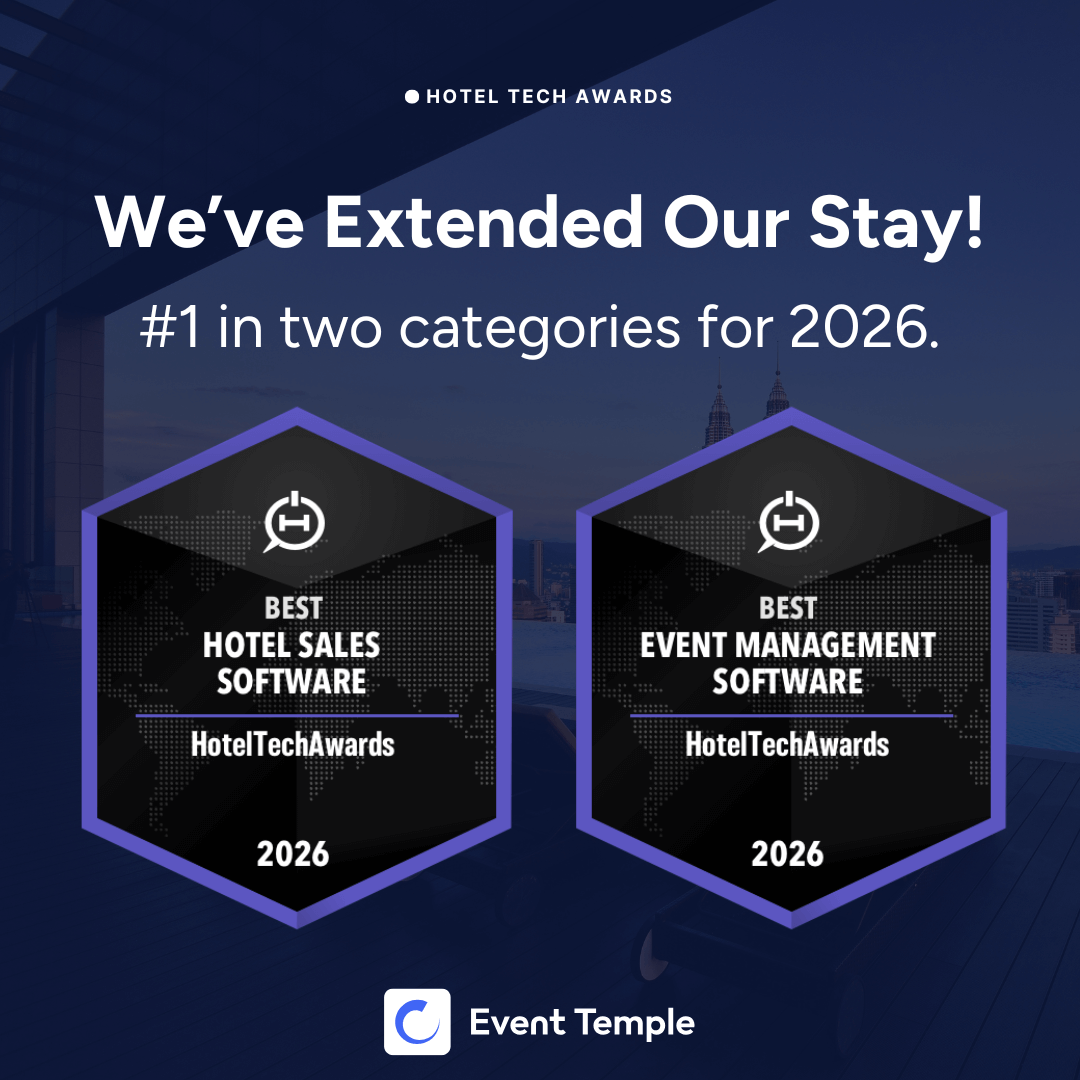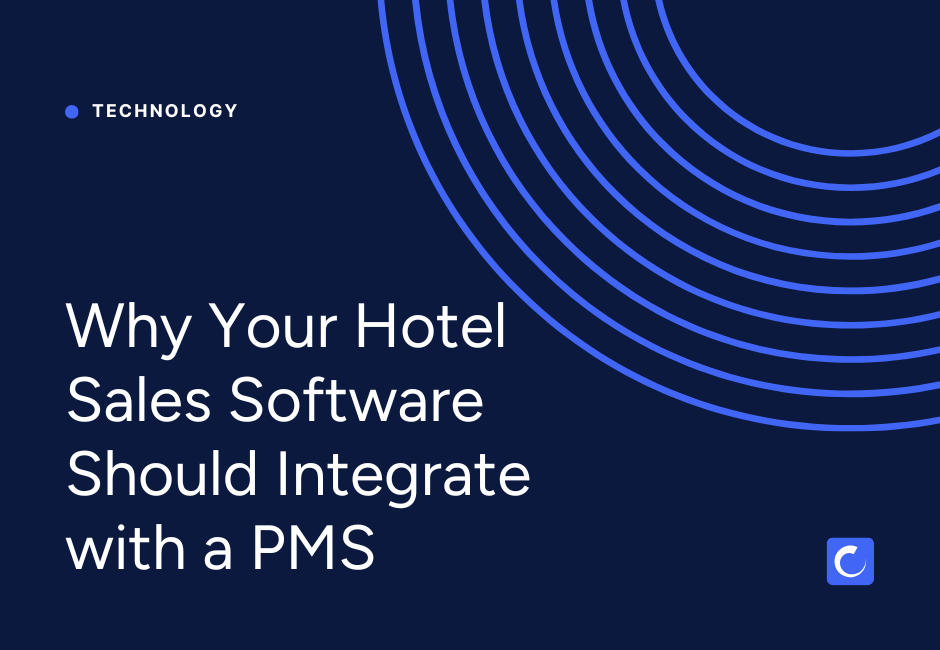
Picture this: The operational setup of The Grand Budapest Hotel meets the cutting-edge analytics of "Moneyball." What do you get? A hotel that doesn’t just serve guests but knows them intimately. Today, we’re diving into how big data is transforming the hospitality industry, making hotels smarter, more efficient, and ultimately, more welcoming. Buckle up, because this journey through the digital corridors of modern hotels is about to get interesting.
Understanding Big Data in the Hospitality Industry
Big data. It’s a buzzword you’ve likely heard thrown around in tech circles, but what does it mean for the hospitality industry? Simply put, big data refers to the vast volumes of information generated from various sources like guest reservations, loyalty programs, social media interactions, and even those nifty in-room smart devices. This data, when harnessed correctly, can be a goldmine of insights.
In the hospitality industry, data is everywhere. From the moment a guest books a room to the second they check out, every interaction is a piece of the data puzzle. By integrating and analyzing this data, hotels can gain actionable insights that drive decision-making and improve guest experiences. Imagine knowing what your guests want before they even ask. That’s the power of big data.

Key Applications of Big Data in Enhancing Guest Experiences
Personalization:
Who doesn’t love a personal touch? Big data allows hotels to create detailed guest profiles by analyzing past stay preferences, feedback, and social media interactions. Take Marriott, for example. They use dynamic pricing and facial recognition technology to enhance guest experiences and streamline operations. The result? A 5% increase in revenue per room. Now that’s smart.
Revenue Management:
Ever wonder how hotels decide on their room rates? It’s not a guessing game. By utilizing predictive analytics, hotels can forecast demand and optimize pricing strategies. Wyndham Hotels, for instance, revamped its data architecture using AWS tools to better understand guest preferences and boost revenue management. The outcome? More accurate pricing and happier guests.
Customer Experience Improvement:
Have you ever left a hotel review and wondered if anyone actually read it? With big data, they do. Analyzing social media sentiment and guest reviews helps hotels identify areas for improvement and proactively address concerns. This feedback loop not only enhances the guest experience but also builds stronger relationships.
Targeted Marketing:
Hotels can use big data to understand guest demographics and preferences, enabling them to craft targeted marketing campaigns. Hilton Hotels leverage big data to tailor their marketing efforts, resulting in higher engagement and conversion rates. Personalized emails, special offers, and even birthday greetings – it’s all part of the package.

Benefits of Utilizing Big Data in Hospitality
- Enhanced Decision-Making: Big data analytics provides valuable insights, empowering hotel management to make informed decisions. It’s like having a crystal ball, but better.
- Improved Revenue Management: Optimizing pricing strategies based on demand forecasts leads to increased profitability. No more empty rooms or missed opportunities.
- Operational Efficiency: Streamlining operations through data insights reduces costs and improves service delivery. Think fewer hiccups and more high-fives.
- Increased Customer Satisfaction: Personalized experiences foster guest loyalty and satisfaction. Happy guests are repeat guests.
Real-World Examples and Case Studies
Let’s get into some real-world examples. These aren’t just theories; they’re battle-tested strategies that are transforming the industry.
Wyndham Hotels:
Wyndham undertook a massive overhaul of their data architecture with AWS. The goal was to better understand guest preferences and improve operational efficiency. By standardizing data transfer methods and utilizing tools like Amazon Kinesis and Amazon API Gateway, they achieved significant improvements in data accuracy and guest insights (PwC).
Marriott Hotels:
Marriott is a shining example of using big data for dynamic pricing and facial recognition technology. Their algorithms also track local events to adjust pricing, ensuring maximum occupancy and revenue. This tech-forward approach has made them leaders in the industry (Acropolium).
Radisson Hotel Group:
During the pandemic, Radisson turned to Zoom Rooms to facilitate virtual events and meetings, ensuring business continuity and enhancing guest engagement. This not only kept their operations running but also opened new revenue streams through virtual conferencing (UC Today).
Starbucks:
Though not a hotel, Starbucks’ use of data analytics offers valuable lessons. Their mobile app collects data on customer preferences, enabling personalized offers that drive loyalty and sales. It’s all about knowing what the customer wants before they even walk in the door (Acropolium).
Original Cottages:
This UK-based rental company implemented RingCentral’s cloud telephony solution, enhancing operational efficiency and customer communication, particularly during the pandemic. The result was a seamless experience for guests and staff alike (UC Today).

Overcoming Challenges in Implementing Big Data Solutions
Implementing big data solutions isn’t without its challenges. Here’s how hotels can navigate these hurdles:
Data Quality and Integration: Ensuring data accuracy and consistency across various sources is crucial. Tools like Amazon Kinesis and SFTP help streamline data integration processes. Think of it as Marie Kondo-ing your data – only the best and most useful information stays.
Data Privacy and Security: Protecting sensitive guest data is paramount. Implementing robust encryption and compliance with regulations like GDPR is essential. It’s about building trust and keeping it.
Infrastructure and Scalability: Investing in scalable cloud solutions ensures that data infrastructure can handle growing data volumes effectively. The goal is to grow without growing pains.
Skills and Expertise: Training staff and hiring skilled data analysts are vital for leveraging big data effectively. You wouldn’t trust your health to an untrained doctor, so why trust your data to someone unqualified?
Cost and ROI: A thorough cost-benefit analysis helps in prioritizing big data initiatives that align with strategic objectives and offer substantial returns. It’s all about getting the biggest bang for your buck.

Future Trends and Innovations in Big Data for Hospitality
The future of big data in hospitality is bright, with emerging technologies like AI and machine learning set to play a pivotal role. Here are a few trends to watch:
Predictive Maintenance:
Using data to predict when equipment will fail and addressing it before it happens can save time and money. It’s like knowing your car needs an oil change before the check engine light comes on.
Real-Time Analytics:
Real-time data analysis allows hotels to respond instantly to guest needs and operational issues. Imagine knowing a guest’s room is too cold before they even complain.
Enhanced Personalization:
AI and machine learning will enable even deeper personalization, tailoring every aspect of a guest’s stay to their preferences. It’s like having a personal butler, but digital.
Conclusion
Big data is revolutionizing the hospitality industry by enabling data-driven decision-making and personalized guest experiences. By overcoming implementation challenges and embracing future trends, hotels can leverage big data to gain a competitive edge and ensure long-term success. It’s time to step into the future and make every guest feel like they’re the only one in the room.
At Event Temple, we're committed to helping hotels with a sales and catering solution like no other. Explore our case studies and blog posts to see how our solutions can transform your business.



